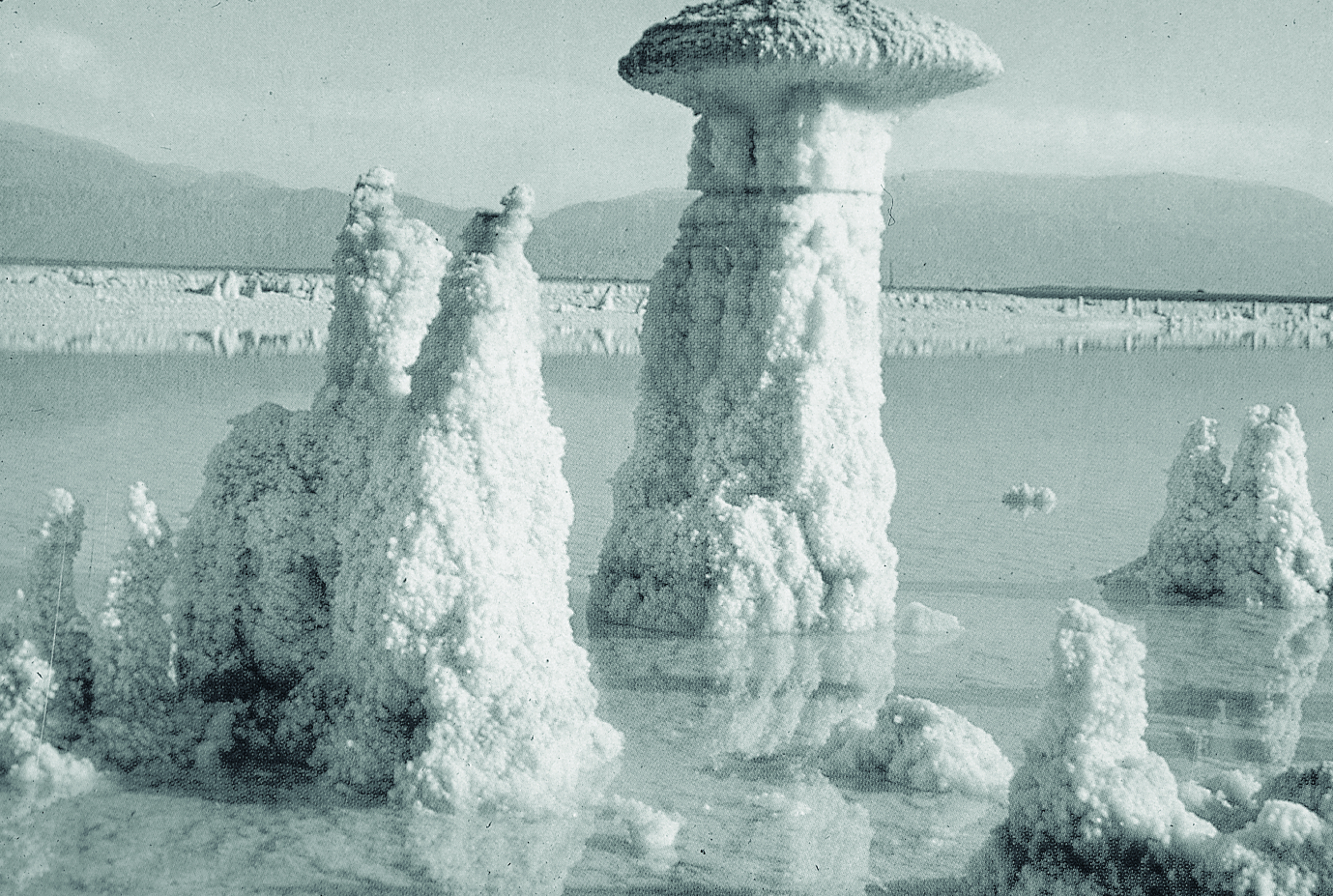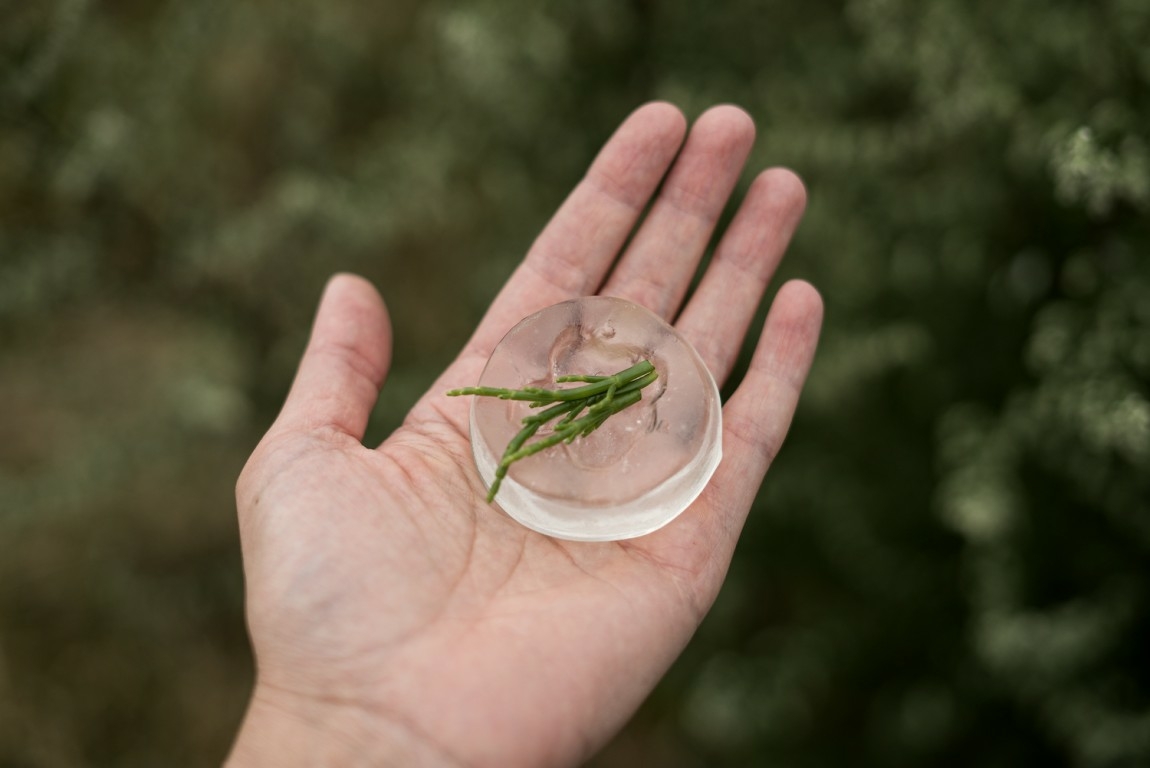
Rietveld Sandberg Research is happy to announce Müge Yilmaz’s introductory lecture on salt and affects of salinization of earth on Thursday afternoon October 5th. Before the lecture you can experience a performative salt-resistant bite by the Brackish Collective. You also have the opportunity to attend a workshop by the Brackish Collective.
Programme October 5th 2023:
> 11.00 - 13.00: Workshop Brackish Collective in the Sandberg Kitchen
> 16.00 - 18.00 Lecture Müge Yilmaz Theory Stairs, Rietveld Academie,
with a performative salt-resistant bite by the Brackish Collective
Register here for Müge’s lecture and the bite by the Brackish Collective (16.00 - 18.00 hrs).
There are limited seats available at the Brackish Collective workshop (11.00 - 13.00 hrs). Therefor we kindly ask you to write a short motivation if you want to join and send it to Laura Dubourjal (laura.dubourjal AT rietveldacademie.nl).
The Research Group Art & Spatial Praxis (LASP) has invited Yilmaz to partner on the Materiality research studio of the Climate Imaginaries at Sea project. Yılmaz’s work and research presents speculative narratives on the future distilled through feminist science fiction. Over the academic year, Müge will be working with the students from TXT and Architectural Design, while conducting her own research into salt.
Müge’s research S.A.L.T is intended to look into the effects of salinization on qualities of soil, architecture and ecology. One of the immediate consequences of rising sea levels and ground subsidence is saline water entering flows of sweet water and soil. While saline soil is considered to be not fertile for agriculture, there are already experimental farms where salt tolerant crops and specific plants called halophytes are being grown. In many parts of the world where regular floods are a reality, biosaline farming and aquaculture are already practised. The research project will observe these realities and look further into other possibilities of using salt as an architectural and artistic material together with its real-time and speculative interactions in urban and non-urban areas.
Before Müge Yilmaz' lecture, from 11.00 to 13.00, you have the opportunity to attend a workshop by the Brackish Collective in the kitchen of the Sandberg Instituut. Working with halophytes and other salt-resistant plants - all which grow in the dunes and coastal areas of The Netherlands - this workshop will be an experimental tasting and attempt at collaborative sensorial mapping involving ten plants, ranging from sea asparagus and dune roses to sea purslane, sea buckthorn and red clover, amongst others.

Born in Istanbul, Müge Yilmaz lives and works in Amsterdam. Her research presents speculations influenced by feminist science fiction and proposes narratives about the future through installation, performance, and photography. Recent exhibitions include The Milk of Dreams, 59th Venice Biennial, 2022, The Seventh Continent, 16th Istanbul Biennial, 2019; Why Not Ask Again? 11th Shanghai Biennial, 2016; Tenminste Houdbaar Tot, Museum Arnhem, 2022; Posterity Hill (solo) at Wilfried Lentz, 2022; On Protection (solo), Bureau Postjesweg, 2021; That Those Beings Be Not Being, W139, Amsterdam, 2021. She has been a resident artist at ACC and is an alumna of Rijksakademie van Beeldende Kunsten, Amsterdam.
In her work, she examines the paradoxes around the concept of protection with a focus on community, survival, and belief (faith). Through performances, photographs, and installations, she creates immersive environments inspired by feminist science fiction. Following the concept of three ecologies for observing the mental (subjective), societal, and environmental developments in a parallel method, she uses these mediums as tools for envisioning potential futures. While keeping protection as a common denominator, her research creates speculations on preservation and scarcity. She constantly looks for trigger points in the shape of visual manifestations that provoke subconscious reactions and reflexes.
Climate Imaginaries at Sea is part of the Art Route NWA-project ‘Bit by bit, or not at all’ within the scheme ‘Small Projects’ which is financed by the Dutch Research Council (NWO). This project was made possible with the support of Centre of Expertise for Creative Innovation CoECI (www.coeci.nl).